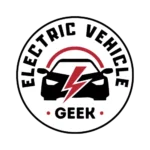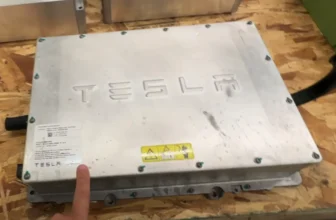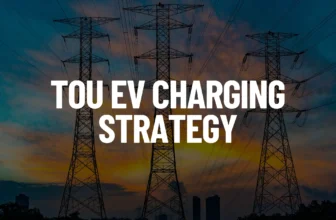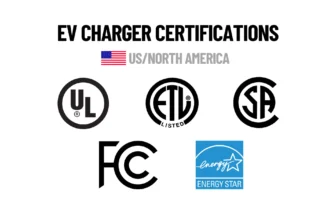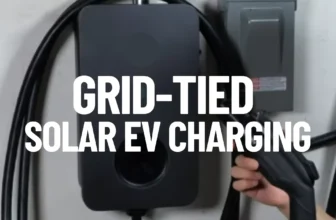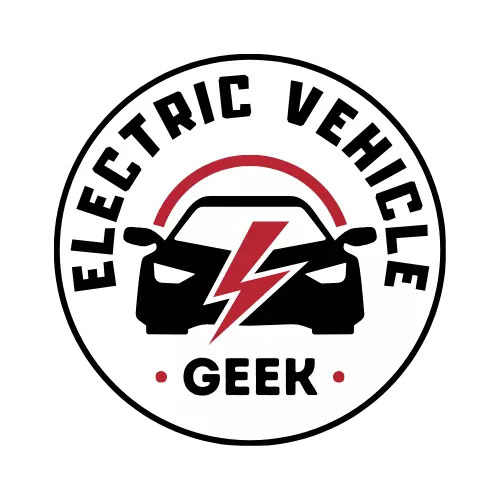Choosing the correct EV Charging Cable for your electric vehicle (EV) is crucial for efficient and safe charging. This guide aims to clarify various aspects of selecting the suitable EV charging cable. Whether you need a cable due to a missing or damaged original or looking for a longer cable, this guide will cover all the essential information.
Understanding EV Charging Cable Necessity
- AC vs. DC Charging: Charging cables are primarily needed for AC charging, typically at home or in public spaces. DC rapid charging does not require a separate cable as the charging cable is integrated into the fast DC charger.
- Common EV Connector Types: Most EVs use a type 2 connector for AC charging. Older or Asian EVs, like Nissan and Kia Souls, may use a type 1 connector.
Choosing the Right Connector
- Type 1 vs. Type 2: Determine your vehicle’s connector type for compatibility purposes – type 1 for older EVs or type 2 for modern ones.
- Consistency at Charging End: Regardless of the vehicle connector type (Type 1 or Type 2), the charging end connecting to the charger will always be a type 2 since most home, work, or public EV charging stations that require an EV charging cable have a Type 2 charging socket ensuring compatibility with all charging units.
SAE J1772 Plug and SAE J1772 Connector (Type 1)
Suitable for American vehicles using level 1 charging, introduced in 2001 and updated in 2008 for higher power. The image below shows that the plug will feature five pins and a round connector.

Mennekes Plug & Mennekes Connector (Type 2)
Mennekes plug and connector will feature seven pins, a circle, and a flat top connector. Mennekes EV charging cables accommodate both single-phase and three-phase AC charging.
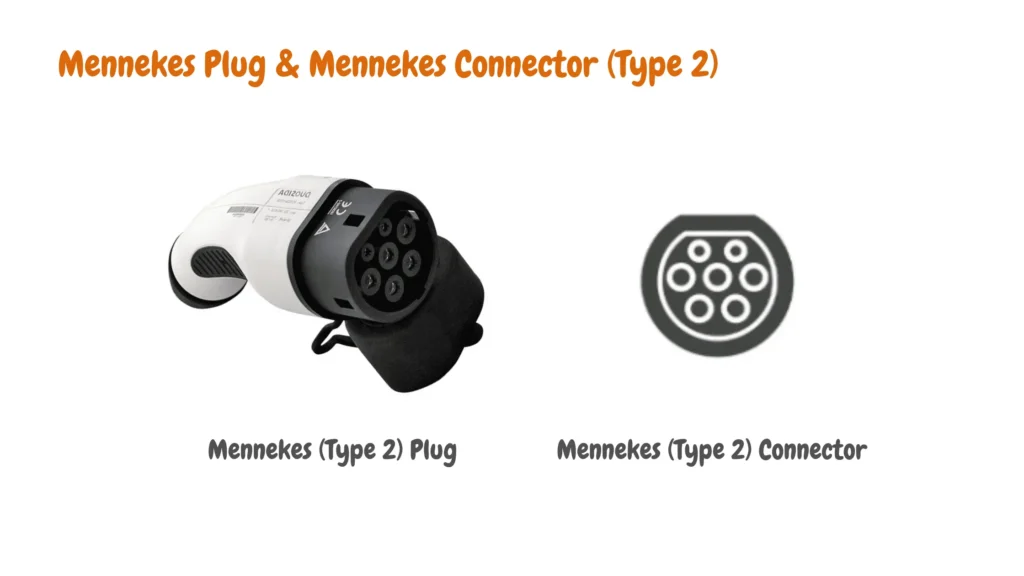
CCS Type 1 Plug & CCS Type 1 Connector
An elegant solution for fast DC charging, with original plugs (Type 1 or Type 2) enhanced by two additional pins. Supports up to 350 kW. Type 1 is expected in the USA, and Type 2 is common in Europe.
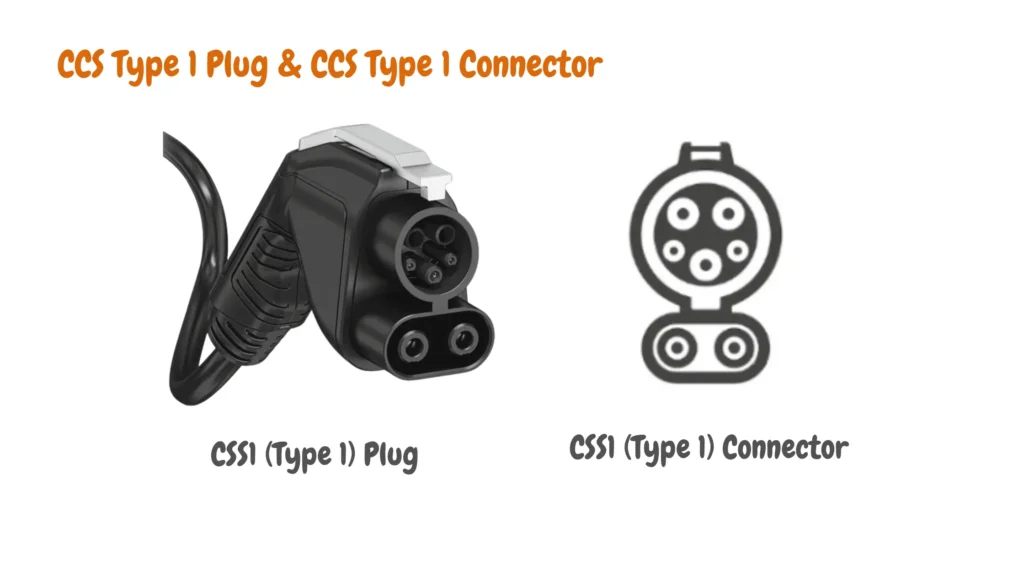
CCS Type 2 Plug & CCS Type 2 Connector
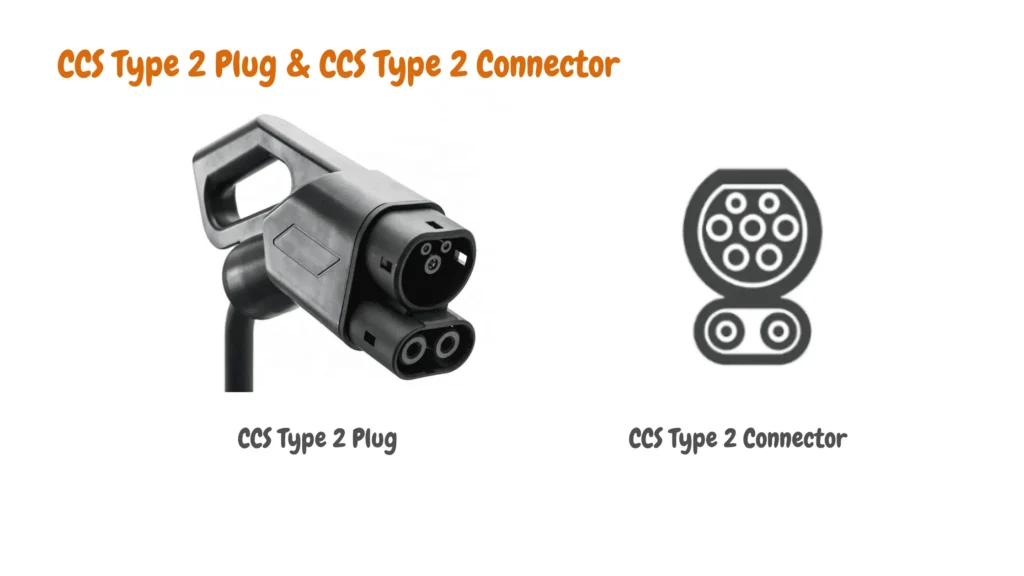
CHAdeMO plug & CHAdeMO Connector
Original DC plug developed by Japanese automakers. Widely adopted, especially in Japan and Europe. Efforts to phase it out in favor of CCS in Europe. The second version supports up to 400 kW.
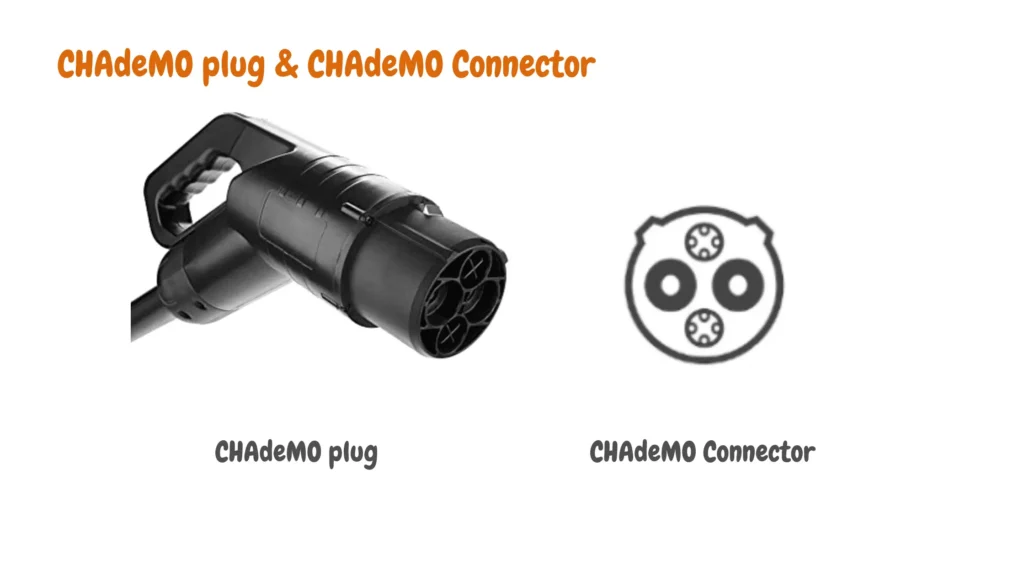
GB/T Plug & GB/T Connector (GB/T – AC & GBT – DC)
China’s DC charging standard. Collaborating with CHAdeMO for a third generation capable of transmitting 900 kW.
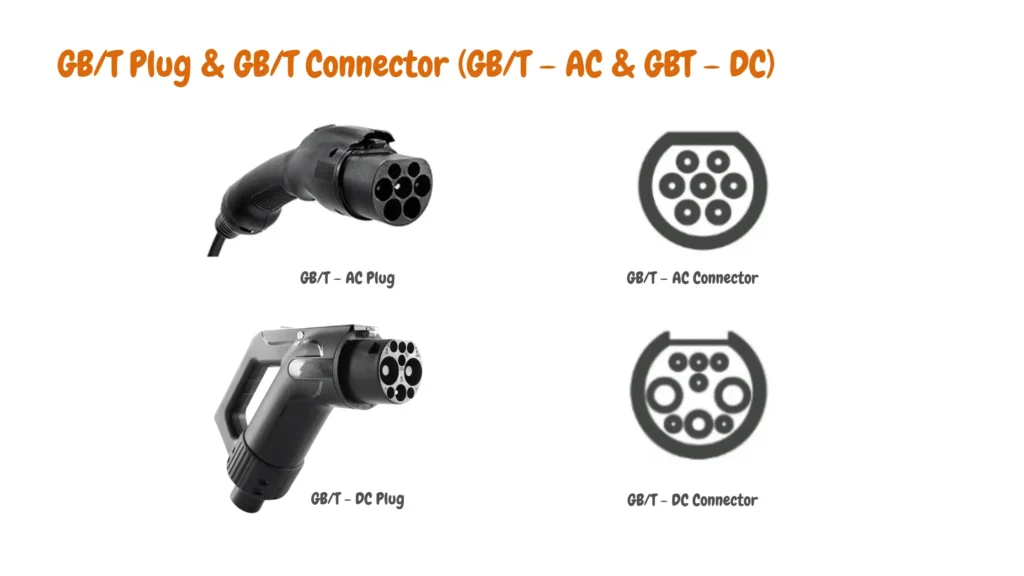
NACS Plug & NACS Connector (Formerly Tesla Plug & Connector)
Proprietary connectors for Tesla vehicles, allowing charging at Tesla stations. Adapters are available for other plug types. Model 3 in Europe uses CCS Type 2.
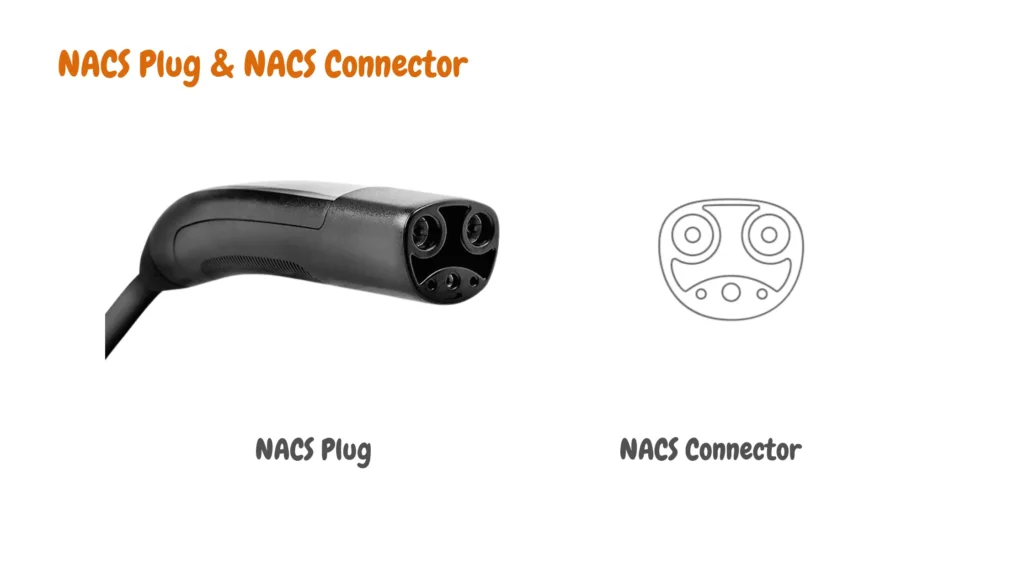
Considerations for EV Charging Cable Length and Amperage
Determine the appropriate amperage for your cable based on your vehicle’s onboard charger capacity. For Type 1 connectors, options typically include 16 amp and 32 amp cables, while Type 2 connectors commonly use 32 amp cables. Additionally, consider the length of the cable, with 5 meters being suitable for most scenarios and longer options available for specific needs.
EV Charging Cable Length
| Cable Length | Suitable Application |
|---|---|
| 5 Metres | Standard Parking Spaces |
| 7.5 Metres | Longer Paarking Spaces |
| 10 Metres | Longer Parking Spaces |
- Determining the Right Length: Measure the distance from your parking space to the wall charger. A 5-meter cable is sufficient for most, but longer options like 7.5 or 10 meters are available.
- Optimal Length: While longer cables are practical, avoid exceeding 10 meters, as some vehicles may face challenges with lengths beyond this since longer cables have a higher resistance and voltage drop.
EV Charging Cable Amperage and Phases
- Type 1 Chargers: For type 1 connectors, choose between a 16 amp cable (3kW) or a 32 amp cable (6-7kW), depending on your vehicle’s onboard charger specifications.
| Vehicle Onboard Charger Type | Amperage | Cable Type |
|---|---|---|
| Type 1 (3.6kW) | 16 amps | Thinner & Flexible |
| Type 1 (3.7kW) | 32 amps | Slightly Thicker |
- Type 2 Chargers: For type 2 connectors, consider both amperage (16 or 32 amp) and phases (single or three-phase) based on your vehicle’s onboard charger capacity.
| Vehicle Onboard Charger Type | Amperage | Phase | Cable Type |
|---|---|---|---|
| Type 2 (3.6kW) | 16 amps | Single Phase | Standard or Flexible Cable |
| Type 2 (7.4kW) | 32 amps | Single Phase | Thicker and less flexible |
| Type 2 (11Kw) | 32 amps | Three Phase | Thicker and less flexible |
| Type 2 (32Kw) | 32 amps | Three Phase | Thicker and less flexible |
- Identifying Three-Phase Cables: Check the cable specifications for the number of cores. Three-phase cables have five cores (e.g., 5G 2.5mm²), distinguishing them from single-phase cables.
- Use Cases for Three-Phase: Consider a three-phase cable only if your vehicle supports 11kW charging or greater, and you can access three-phase charging stations.
Benefits of Using the Right EV Charging Cable
Selecting the appropriate charging cable with all approvals and certifications from a collection of tests that offer a complete EV charger cable assessment for your electric vehicle yields significant advantages.
Efficient Charging
Selecting the correct charging cable for your electric vehicle (EV) ensures an efficient charging process. This choice optimizes power transfer, reducing charging times at home or work.
Minimized Risk of Damage
The suitable charging cable minimizes the risk of damage to the cable and your EV’s charging port. Compatibility and quality design prevent issues such as overheating, promoting the longevity of the charging infrastructure.
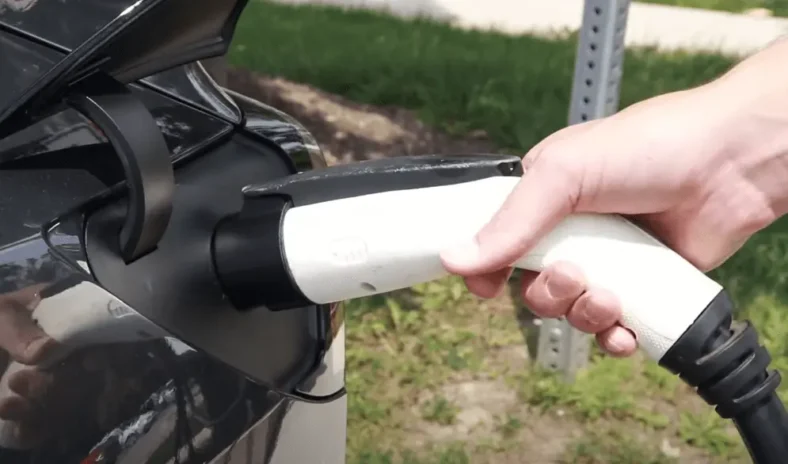
Enhanced Safety
Choosing a compatible cable enhances safety by ensuring a secure connection and minimizing the risk of electrical faults or accidents. Prioritizing safety in your charging cable selection contributes to a worry-free charging experience in various settings.
EV Charging Cables Alternatives
If you don’t have a home EV charging unit installed, we highly recommend installing one, as 80% of charging occurs typically at home, compared to work and charging stations. It’s also worth noting that home EV chargers come with fixed EV Charging cables. Some of the options you have include installing a tethered charger or a portable charger.
Tethered Chargers
- Understanding Tethered Chargers: Some charging units have a tethered cable with a connector directly attached. Ensure it has the right end for your vehicle (type 1 or type 2).
- Importance of Having an Extra Cable: While home chargers with tethered cables eliminate the need for an additional cable, having a spare EV charging cable is recommended for versatility when using public charging stations.
Portable Chargers
When it comes to portable chargers, simplicity is vital. Select a Type 1 or Type 2 charger based on your vehicle’s connector type, and choose the cable length that provides practicality for various charging scenarios. It’s recommended to opt for a 10-meter cable for added convenience.
- Type 1 or Type 2 for Portability: Choose a portable charger with the appropriate connector type for your vehicle. Cable length should be chosen based on practicality, with 10 meters often being the most versatile.
- Amperage Considerations: Portable chargers are limited to 10 amps and are always single-phase. Adjustability in amperage can enhance safety, especially when using extension leads.
- Quality vs. Price: While affordable options are available, investing in a quality portable charger can offer features like thermal management and adjustable amperage.
Conclusion
Selecting the suitable EV charging cable involves understanding your vehicle’s connector type, cable length, and amperage requirements. Whether for home charging or on-the-go, making informed choices ensures efficient and safe charging experiences. Check your vehicle’s specifications and charging infrastructure compatibility before purchasing an EV charging cable.

James Ndungu is a certified EV charger installer with over five years of experience in EVSE selection, permitting, and installation. He holds advanced credentials, including certification from the Electric Vehicle Infrastructure Training Program (EVITP) and specialized training in EV charging equipment and installation, as well as diplomas in EV Technology and Engineering Fundamentals of EVs. Since 2021, James has tested dozens of EV chargers and accessories, sharing expert insights into the latest EV charging technologies.
